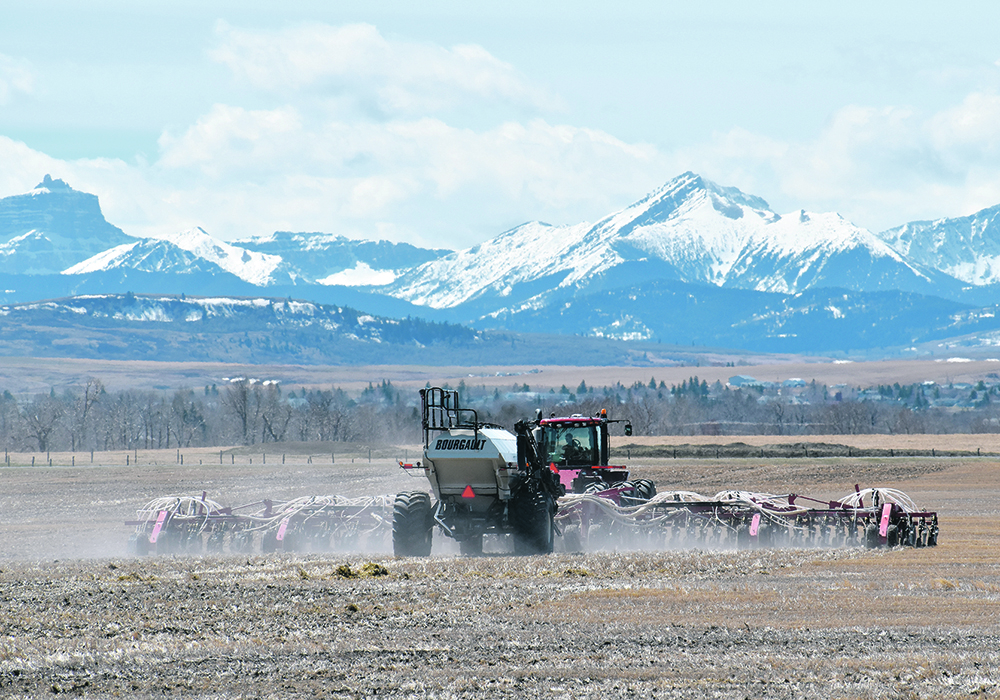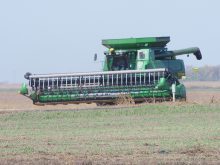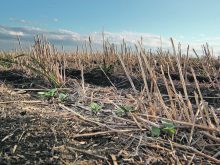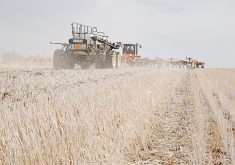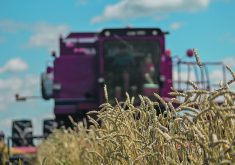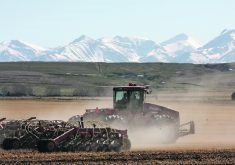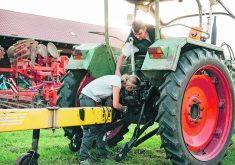Initiative will measure four aspects of sustainability: the environment, economy, food integrity and societal well-being
Yale and Columbia universities aren’t big fans of Canadian agriculture.
The two institutions run the Environmental Performance Index (EPI), which rates the sustainability performance of nations in a range of categories, like biodiversity, species protection and fish stocks.
In the sustainable agriculture category, the EPI ranks Canada 64th in the world. That’s below China and one rank ahead of North Macedonia, an obscure country that’s smaller than Vancouver Island.
Read Also

New Alberta funding for program hopes to further unlock agritourism industry in province
Alberta Farm Fresh Producers Association is launching a new initiative thanks to $300,000 of provincial funding to bolster Alberta’s smaller scale family farms and agritourism sector.
The groups who measure sustainability get to define what is sustainable and what is not.
“If we’re not measuring ourselves, we’re going to be measured against the standards and definitions of sustainability that others choose for us,” said David McInnes, former president and chief executive officer of the Canadian Agri-Food Policy Institute.
McInnes now runs DMci Strategies, a consultancy in Ottawa, and is leading an effort to create Canada’s first agri-food sustainability index. More than 110 partners have joined forces to develop the National Index on Agri-Food Performance, including farm organizations, provincial governments, commodity groups, food companies, restaurants, retailers, environmental groups and universities.
The index, still in development, will measure four aspects of sustainability: the environment, economy, food integrity and societal well-being.
McInnes spoke about the index at the Manitoba Forage and Grasslands Regen Ag conference, held in mid-November in Brandon. He began by explaining why it’s needed.
For the last several years, the public narrative around agriculture and food production has been highly negative. The media, environmental groups and politicians have labelled agriculture as a threat to the atmosphere, to wildlife habitat and water supplies.
Reports urging people to change their diets and claiming that conventional agriculture is a plague have become standard fare.
“Want to save the planet? Eat protein from mushrooms and algae instead of red meat,” said a headline in The Guardian this summer.
Countries and companies are determined to change that narrative by demonstrating their commitment to change. Massive corporations like Nestle (annual revenues of $95 billion) have set targets of net zero emissions by 2050.
“For the largest food and beverage companies in the world, almost 90 percent of their emissions are found not within their manufacturing plants … it’s found within their supply chains, primarily from ingredients suppliers,” McInnes said.
This means the big players in the food world — PepsiCo, General Mills, Cargill — are pushing or will be pushing their suppliers to cut emissions.
Beyond the food industry, the financial sector is moving toward sustainable banking.
“The banks are committing to the UN Net Zero Banking Alliance,” McInnes said.
Members of the Net Zero group, including Canadian banks like BMO, CIBC, TD and RBC, have “committed to aligning their lending and investment portfolios with net-zero emissions by 2050,” says the Alliance website.
Canada’s agriculture and food sector needs to respond because other nations are tracking and measuring the sustainability of their agri-food sectors.
“Countries around the world are positioning themselves… (on) who is the most trusted, the most sustainable,” McInnes said,
Following his speech in Brandon, he said Canada does poorly on some indexes that measure sustainability because “they are measuring countries with vastly different food systems than Canada’s…. (Some) are developing countries… they don’t have the same size, the same scale.”
So, Canada needs a sustainability index that is more specific to Canadian agriculture, he said.
The 112 partners behind the national index have been working on what to measure and how to measure it. In the first half of 2023 they plan to test a pilot, called Index 1.0.
It may lead to a more permanent sustainability index and the creation of the Centre for Agri-Food Benchmarking, which will manage it.
Contact robert.arnason@producer.com


